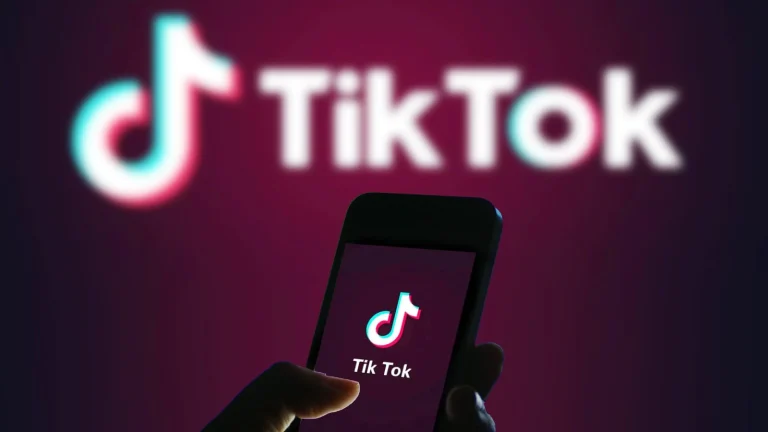Unified communications are the primary support for cooperation in professional audiovisual communication. Reliability and security, besides custom solutions, is one of the most common sources of safety for managed connections in the cloud unified communications. However, thanks to advanced encryption technology, cloud-based UC services are as secure and hackable as any local system.
The tumult around cloud computing has hit the Unified Communications market. The trick for telecom managers is to overcome the buzz about exactly what UC Cloud services offer and what is the difference between them and traditional and hosted UC services.
Cloud-based unified communications provide services that are not hosted and managed at all. Cloud-based unified communications give businesses flexibility and flexibility. Organizations have the flexibility to increase and decrease deployments and add new features and functionality as needed.
With popular hosted PBX offering, services providers create the necessary network and IT infrastructure in their data centers also sell their customers to access it according to their needs. The network operator owns and licenses software also hardware and wishes to maintain and support these systems. Generally, it is the operator’s discretion whether to apply software updates and new features to the hosted service.
Managed service providers typically manage the Unified Communications infrastructure installed in an enterprise and provide remote or on-site assistance.
Here are some features that explain the quality of Unified Communications as a Service (UCaaS) on-site installation and the pros and cons of it:

Multiple tenures against individual possession
Organizations that provide Unified Communications as a service develop, operate, and manage a sophisticated infrastructure, including software licenses, device deployment, training a customer service team, and more. Among the many technologies and solutions available for unified communications, an experienced service provider creates the best selection of devices and techniques for a customer, taking into account the specific needs of the business. Sometimes resources are shared among different customers to reduce operating costs. This is called a multi-inheritance model. One of the drawbacks of the legacy model is that other systems already present in your company cannot be integrated.
On the other hand, the single acquisition model is well suited for companies that opt for cloud-based unified communications and want the complete integration of the company’s systems or other tools on site.
Scalability
When deploying the UC system locally, a new license must be purchased for each new user added to the system. So, when there is a new employee in the organization, you need to coordinate IT and other teams to grant user rights to a new person. This costs additional costs and time. With the Unified Communications service in the cloud, this provision is provided by the service provider to each new user. The system offers excellent flexibility to adapt to requirements. When an organization wants to increase or decrease based on the variable number of people using a Unified Communications service, the service provider can easily extend it.














